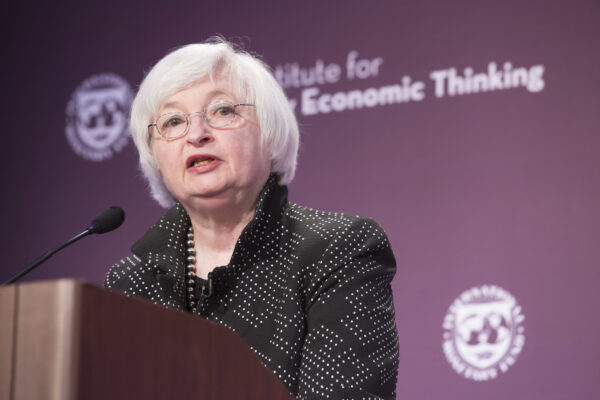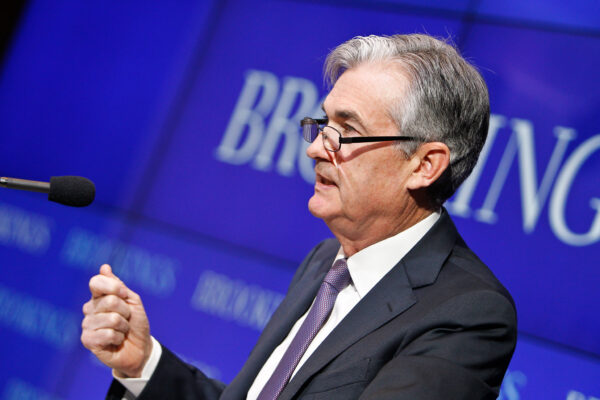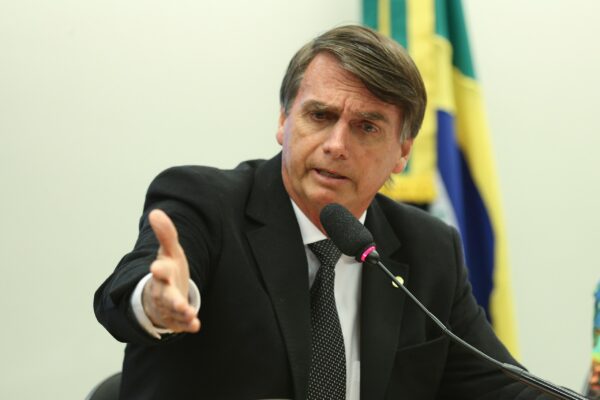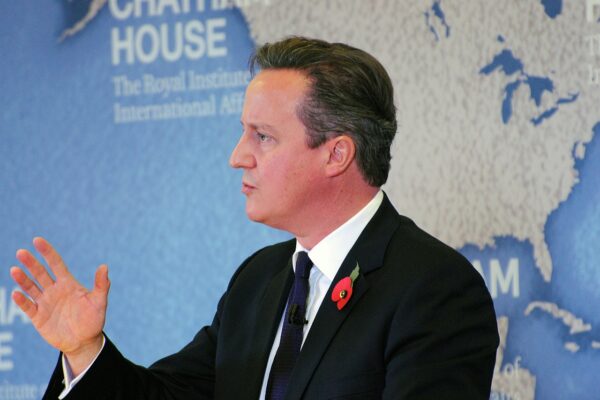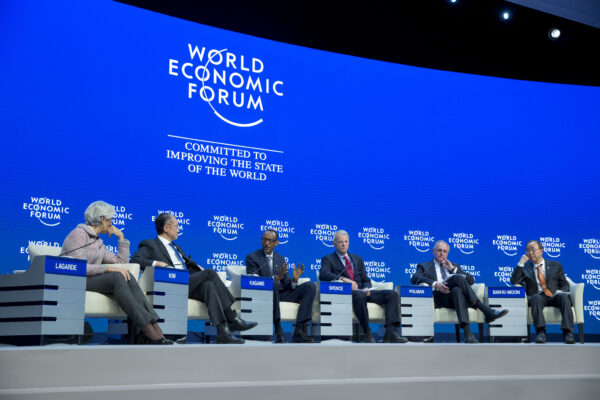Expanding the Legacy
Tag: Economy
The End of Cheap Money?
It had to happen and it just did. The untold joys of expansive monetary policy as the engine of growth in lean times are, of course, always of a temporary nature. As the global economy emerges with a vengeance from years of lacklustre growth, the need to keep interest rates...
The Debut of a Hawkish Dove
He spoke only three times publicly in his new job, and three times the markets tanked. More disconcertingly, he also flip-flopped during two key speeches on Capitol Hill, seamlessly moving from monetary hawk to dove within the space of a few days. The new chairman of the US Federal Reserve,...
Wheel of Fortune: In Search of the Golden Decade
Download a PDF of this essay A golden decade is all it takes for a nation to progress from basket case to powerhouse and erect a solid foundation for lasting economic success. The 1980s were such a decade for South Korea which tripled its per capita annual income to almost...
Rich Man, Poor Man: A Clash Foretold
The embarrassment of riches is mostly lost on today’s billionaires. The phrase was originally coined by British historian Simon Schama to denote public morals in the 17th century Dutch Republic. While the rich were widely admired for their accomplishments, any public display of wealth met with sharp disapproval. This Calvinistic take on the behavioural responsibilities of the well-heeled has been replaced by shameless voyeurism in which the have-nots drown their own misery gaping at the profligate haves as they play with expensive toys and dwell in palatial mansions whilst showcasing both material excess and intellectual dearth.
From Dakar with Love
A self-described creative Marxist, Samir Amin (84) is a French-Egyptian economist who lives in Senegal and firmly believes that world capitalism – defined as the rule of oligopolies based in rich countries – maintains its power through five monopolies: technology, natural resources, finance, global media, and red buttons.
A Balance Disturbed
Private Island: Why Britain Now Belongs to Someone Else by James Meek (Verso Books – 238pp – £8.55 – ISBN 978-1-7847-8206-1) It remains somewhat of a mystery how Chancellor of the Exchequer George Osborne manages the UK government’s financial affairs. Presiding over a buoyant economy, planning the biggest privatisation exercise...
Tanzania: At the Starting Block
Home to the second largest economy of the East African Community, Tanzania struggles to find its way ahead notwithstanding a robustly expanding economy and a much-improved business climate. A nation of two minds, Tanzania has experimented with different development models. The darling of progressive donor nations such as The Netherlands,...
Brazil’s Bolsonaro: Looking Behind the Façade
It never takes long for Brazilian voters to regret their choice. After the restoration of democracy in 1985, some eighteen year went by before the country’s electorate turned to an outsider in near desperation over successive failed presidencies. Long discarded as a dangerous extremist by a nation that traditionally seeks compromise and prefers to avoid confrontation, Workers’ Party frontman Luiz Inácio ‘Lula’ da Silva was reluctantly dispatched to the Palacio do Planalto – the Brazilian seat of power.
The Dark Side of the Prime Minister’s Miracle
Since the International Monetary Fund (IMF) ditched its one-size-fits-all approach, the economic guidelines dispensed by the organisation have become rather vague. On a visit to Britain, IMF Managing Director Christine Lagarde on Thursday surprised friend and foe as she lavishly praised British Prime-Minister David Cameron for his ‘eloquent and convincing’ economic leadership.
US at Davos as the New Emerging Market
The annual meeting of top businessmen, leading public officials, and a host of other VIPs in Davos usually sees emerging markets claim centre stage and draw attention to the marvels of their booming economies. Save for China, at this year’s Davos happening the world’s erstwhile movers and shakers are expected to tone down some.
Just Released

Africa AI Brazil Business Chile China Climate Corona Davos Debt Development Diplomacy Donald Trump Economy Elections Energy EU Europe Federal Reserve Finance France Germany HiFi History IMF Kamala Harris Military Monetary policy NATO Philosophy Politics Putin Russia Schwab Society South Africa Technology Trade Trump UK Ukraine UN US War WEF
